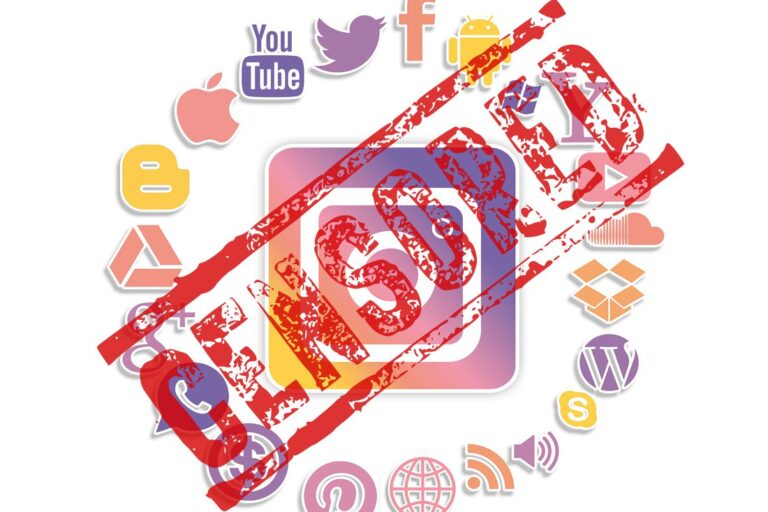Twitter.
X.
Whatever you call it, the social media site has become a murky space for interactions. Case in point: just ask the team at Ethical.Porn. They were unexpectedly locked out of their Twitter account in July. Coleen Singer, one of their directors, initially thought it was an error. After all, their account consistently avoided explicit content and controversial subjects. At its core, Ethical.Porn serves as an educational and advocacy hub—a haven where members of the adult industry can both read and contribute essays. It’s a platform designed for nuanced, critical discussions on what “ethical” means in the context of adult content production. Its Twitter feed @ethicaldotporn, followed the same mission.
“We consistently retweeted educational resources, pertinent industry news, and spotlighted the initiatives of various universities,” Singer remarked. She further noted that the account played a pivotal role in amplifying the voices of journalists, sex workers, and GoFundMe campaigns assisting those in need, all while delving into the intricate nuances of the industry.
A month later, and without any substantial response from the platform previously known as Twitter, she remains in the dark about why their account was locked (but not deleted). She’s nearly resigned to the idea that further appeal might be futile. At least two other board members have made similar attempts to connect, meeting the same outcome.
Singer, as well as other board members, is not alone in this predicament. Many sex workers, filmmakers, and sextech innovators have seen their social media accounts deactivated. These platforms are crucial for many, as they rely on them for income, branding, and engaging with their fans. Adult performer Riley Reid, for instance, has lost her Instagram account twice. In 2021, her initial account with 3.7 million followers was shut down. She subsequently opened a second account, amassing 1.8 million followers, only for it to be closed as well.
It’s not only the adult entertainment industry or its performers who are affected. For years, Amanda Pasciucco, a licensed family therapist and sexual educator, ran a successful business assisting couples in maintaining emotional and physical connections. However, in 2020, Google shut down her professional page and declined her requests to promote her educational webinars. She was also barred from accessing her Facebook, Instagram, and TikTok accounts.
Many equate censorship with government suppression of a viewpoint or activity. Advocates of the free market argue that a private company has the right to disallow certain views on their platform. They contend that it’s not censorship if individuals can convey their message elsewhere.
In today’s digital landscape, claiming an online or social media presence as optional for success no longer holds water; it’s now indispensable. Platforms like Facebook, TikTok, Instagram, and X-Twitter aren’t just communication channels; they’re marketplaces. They possess the transformative power to turn an average user into an influencer. Where do individuals typically turn when seeking a new product, movie, or professional service? Social Media.
While the realm of social media isn’t governmental, its influence in today’s market rivals, if not surpasses governmental power. Being barred from these platforms can be as detrimental to creators or businesses as any official edict.
Confusion and Concern
For Angie Rowntree, a board member and owner of the sex-positive website Sssh.com, the loss of the account only heightens the unease for her and many others operating in a realm where there are no clear content guidelines or rules. Bans and restrictions seem to be handed out capriciously, leading her and others to question what truly constitutes a violation.
For users of X Twitter, the seemingly arbitrary bans are particularly baffling. Elon Musk, the current owner, reinstated the accounts of white nationalists, anti-Semites, and misogynists. Yet he did not restrict users like Republican lawmaker Paul Gosar, who posted a cartoon video depicting him killing another member of Congress.
The inconsistent approach to banning and de-platforming creates a landscape of uncertainty. Users find themselves navigating a complex and unpredictable digital terrain, where clarity is often overshadowed by ever-changing guidelines and ambiguous enforcement. You’re never quite sure of what might trigger a sudden removal or sanction. This lack of clarity not only breeds apprehension but also hinders meaningful engagement on these platforms.
The atmosphere of uncertainty has made Rowntree reconsider her approach to social media. “While I acknowledge that curbing social media activities is a conscious decision, it’s essential to note that we are a relatively small entity. We must judiciously allocate our resources. The incident with the Ethical.Porn Twitter account only reinforces my belief. It’s clear now: you can craft your feed, and exercise self-censorship, but there’s no assurance—it might just disappear the next day.”
Meanwhile, the creep of censorship marches on, leaving sex-positive communities stripped of important voices that made them feel validated or kept them safe.
We all want to think that love wins. It doesn’t feel like social media companies want it to.
You can follow Ethical.Porn’s new tweeter feed here.
Written By Ava Sinclair



Comments are closed.